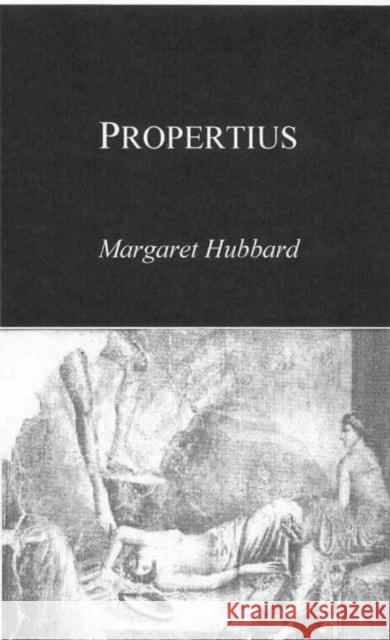Propertius » książka
Propertius
ISBN-13: 9781853996214 / Angielski / Miękka / 2001 / 190 str.
Propertius' four books of love-elegies (c. 32-12 BC) were produced during the heyday of Augustan literature. His poetry has been noted by modern critics for its striking forms of expression, sometimes tortured syntax, sudden transitions and abstruse allusiveness. Much of this "difficulty," Hubbard argues, may stem as much from the many impenetrable corruptions in our surviving, comparatively late manuscripts as from Propertius himself. For ancient critics, in contrast with the modern, read him as polished, elegant and amusing. This book presents a Propertius along these latter lines. The four central chapters of this volume deal broadly with the four books, but at the same time raise general issues, such as the unity of Propertius' oeuvre, or his self-acknowledged indebtedness to Callimachus. Throughout Hubbard analyses in detail both extended and shorter passages which are always given in both the original and in a no-nonsense prose translation. There emerges a reading of the poet which renders him immediately accessible to student and general reader, while providing insights equally challenging for specialists.











